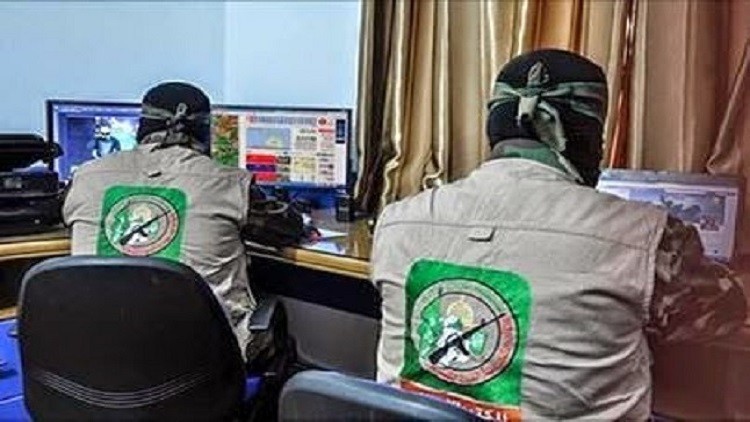On the eve of the month of Ramadan, an unprecedented bout of violence since 2014 between Israel and the Gaza Strip claimed the lives of 23 Palestinians and 4 Israelis. 690 rockets targeted Israeli territory while more than 350 Palestinian targets were targeted in retaliation by the Jewish state.
During these exchanges of fire, and for the first time in history, a state claims to have responded to a cyberattack by conventional means. After initially foiling a Hamas computer attack, IDF retaliated against Gazan building housing cyber fighters of the Palestinian movement.
“After dealing with the cyber dimension, the Air Force took charge of the reaction in the physical dimension,” said Brigadier General Ronen Manlis, spokesperson for the Israeli Defense Forces (IDF).
However, if this is indeed a first, it is hardly surprising.
Jean-Yves le Drian, affirmed in 2018 that a cyberattack “could constitute an armed attack” and “justify the invocation of self-defense” as well as the mutual assistance clause of Article 5 of the Atlantic Treaty North.
In this regard, there is an international consensus regarding the possibility of using conventional means to respond to a cyberattack. Cyberspace is a challenge in itself but is also and above all an operational dimension in its own right alongside land, sea and air. It is legitimate and in accordance with the law of armed conflict to give ourselves the freedom to respond to a threat to national security, even if it is of cyber origin. If Israel now goes down in history as the first state to publicly claim the use of fire in the face of a digital attack, it is unlikely that the event will shake up the normative framework (or lack of framework) around cyberspace.
However, in practice, parallelism of means is generally adopted. The debate therefore lies elsewhere and it is the questions of threshold and motivation which are central.
According to François Delerue, researcher at IRSEM[efn_note]Institut de Recherche Stratégique de l'Ecole Militaire[/efn_note] and interviewed by Le Monde, three conditions can justify self-defense: immediacy, necessity and proportionality. Regarding immediacy, the response took place within hours (if not moments) after the attack took place. When it comes to necessity and proportionality, the Israeli strike does not tick the boxes. The Palestinian computer attack would have been prematurely aborted by Israeli forces without causing any further damage. Furthermore, the strong technological asymmetry between the two parties makes the need to resort to conventional weapons unlikely.
Ultimately, the use of fire in relation to the code is political and can be explained above all by a particular context. That of a deadly crisis between two armed forces and an uncontrolled escalation. It is also a strong message from the Hebrew State: physical retaliation to digital attacks ceases to be just a hypothesis and reaffirms cyberspace as the 4rd size of the battlefield

